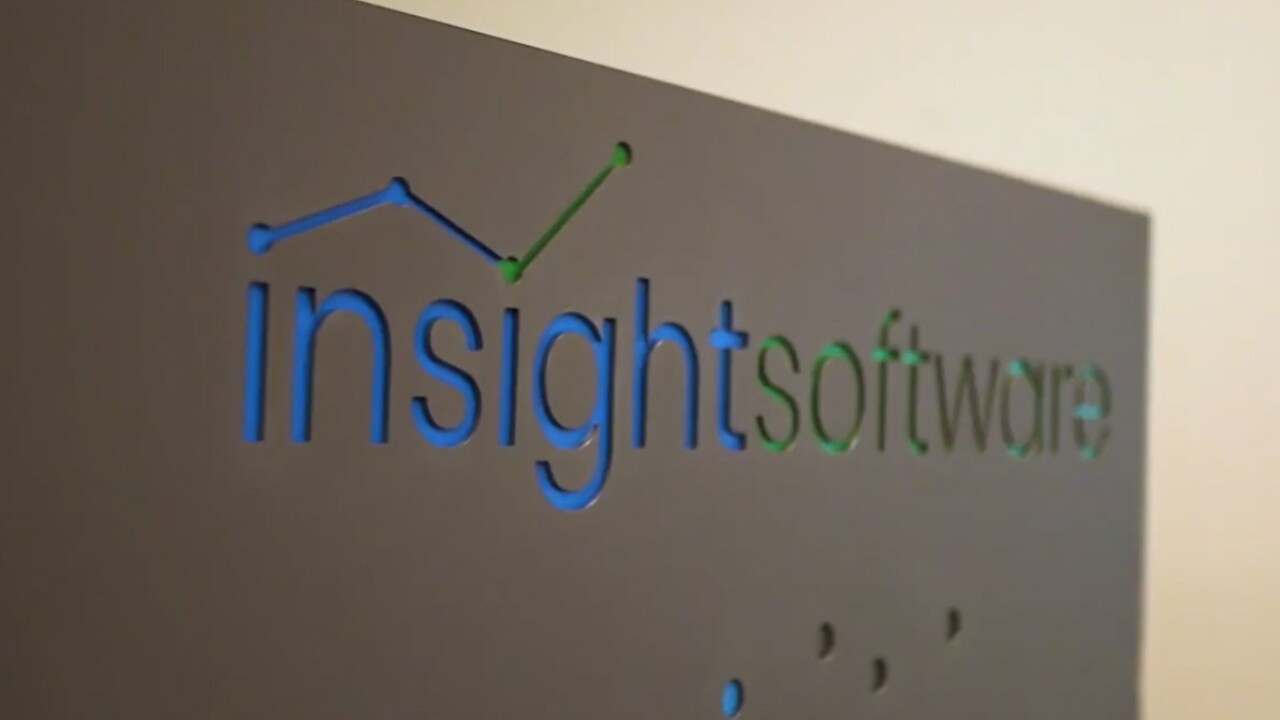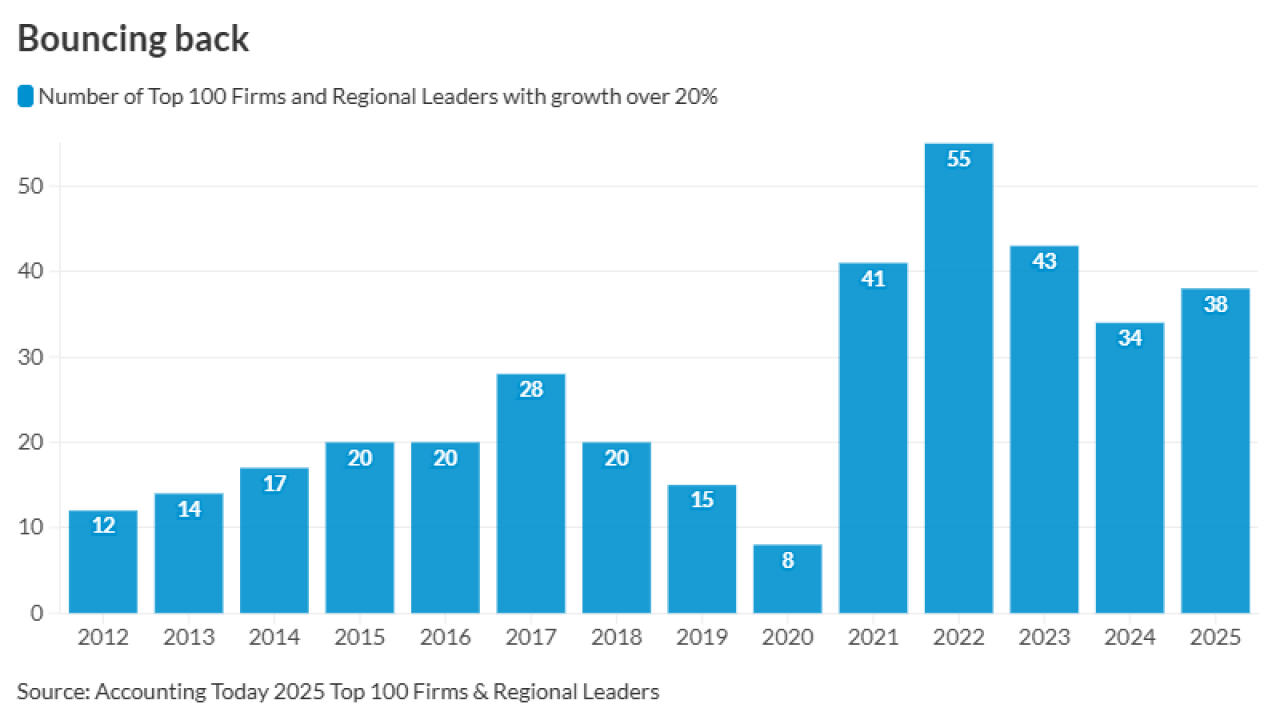Even when things are calm, no one likes feeling as if they have no say in their fate, and with accounting firms facing unprecedented levels of change, giving staff a say in the future direction and shape of their workplace is a major engagement booster.
The 2018 Best Firms to Work For do this in a number of ways, starting at the individual level, with more than half of them using 360-degree reviews — 30 percent for all staff, and 28 percent just for managers. Either way, it gives employees an opportunity to weigh in on management and to have their voices heard.
By far the most common form of staff input, though, is through the employee committee, with which the Best Firms are well-supplied. Nearly all of them have a fun or social committee for planning events, outings, awards and other forms of recognition, and more. That’s a good start — but they’re not limited to that.
According to California-based Best Firm Wheeler Accountants, for instance, “The committees that make firm decisions make it feel like everyone has a say in how the firm operates. Events, Health and Nutrition, PPT (Policies, Procedures, and Templates) — everyone participates, making a great team atmosphere.”
That last committee is, perhaps, the most important: Giving employees a say in policies and procedures goes a lot farther to binding them to the firm than letting them choose the restaurant for the tax season party (though it’s important not to underestimate the value of that). And getting employees involved in tangible ways does more than just build engagement — it also helps train them for future roles. As PKF Texas noted, “Through our Staff Advisory Committee, we involve our team, at all levels, in the decision-making process and expose them to firm leadership and management responsibilities.”
The YP Staff Advisory Group and Steering Committee at Missouri’s Anders play a similar role: “They promote involvement of younger staff and provide leadership opportunities by having the opportunity to help direct the firm in creating the future.”
For an in-depth look at how one firm elicited and benefited from staff input, consider YHB CPAs in Winchester, Virginia: “Shaking the dust off of years of closed-door meetings and decisions without context, leadership at the firm started shifting the traditional way upward feedback was usually received (during exit interviews),” the firm reported. “We have adopted two specific things to allow staff to provide ongoing feedback during the year that have resulted in real-time changes to policies. Upward evaluations provide managers, principals and other leaders within the firm with active feedback. It has allowed them to serve their team and clients better with tangible advice.”
“In addition to the upward evaluations there have been several committees formed to submit ideas and feedback that directly affect firm policy and culture,” the firm continued. “These committees include staff from various offices and experience levels. Two of the most recent victories came when a year-round flex-time policy was enacted and dropping the required weekly hours to 37.5. The purpose of this was to let staff better balance their work-life schedule. Not everyone could use flex time in the summer because they were busy and, as the life of a CPA goes, some weeks you work 60 hours and some weeks you get to catch your breath. At the end of the day the goal was to let staff know, ‘We trust you or else we wouldn’t have hired you. Do what you need to do, then enjoy life. We appreciate your work.’”






